Sudan starts regulated gold export
On Monday, Sudan’s Sovereign Council inaugurated its first shipment of gold, through the governmental Strategic Commodities Portfolio.
The prime minister, a number of ministers, specialists and representatives of the Forces for Freedom and Change attended the ceremony.
 Sudan's first batch of regulated gold export (Social media)
Sudan's first batch of regulated gold export (Social media)
On Monday, Sudan’s Sovereign Council inaugurated its first shipment of gold, through the governmental Strategic Commodities Portfolio.
The prime minister, a number of ministers, specialists and representatives of the Forces for Freedom and Change attended the ceremony.
Sudan created a Strategic Commodities Portfolio last month to secure the provision of basic commodities such as wheat, medicines, and fuel, in exchange for regulated gold sales, after opening the export of the precious yellow metal to the private sector.
In January, Sudan decided to permit private traders to export gold, in a bid to stop the recurrent smuggling of gold, and to attract foreign currency. For years, the Central Bank of Sudan (CBoS) was the sole institution legally allowed to trade in gold. The bank that had a monopoly on exports, bought gold in Sudan at fixed prices at collection sites in the country, which led to illegal trade.
Private mining companies were allowed now export up to 70 per cent of their production, provided they deposit proceeds in local banks. The remaining 30 per cent has to sold to the CBoS. In March, the percentages became 50-50.
The companies also have to sell any foreign currency they earn, unless used for their mining business, directly to the Central Bank at the official exchange rate of SDG55 to the Dollar. The Dollar rate on the parallel market of Khartoum ranges between SDG150-160.
In May, Sudan established a gold stock market to level the price of gold in the country with the international tariff.
'Mafia'
In his speech on Monday, Deputy chairperson of the Sovereign Council, Chairman of the High Committee for Economic Emergencies, and Commander-in-Chief of the paramilitary Rapid Support Forces (RSF), Lt Gen Mohamed Hamdan ‘Hemeti’ welcomed the first “strategic shipment” of two tons of gold, produced by more than 70 mining companies in the country.
He lauded the strict measures Khartoum has taken to stop the smuggling of gold, and called for a review mechanism to monitor franchise mining companies that extract about 300 kilograms of gold a week, as well as oil companies in the country.
RSF officers recently seized 340 kg of plastic-packaged gold, ready for export, from the airport in Khartoum, he said.
As for the El Junaid [Algunade] Company he is linked with by family ties, he stated that the company extracts between 30-40 kilograms of gold a month from the Jebel Amer mines in North Darfur, with which it supplies hard currency to the Central Bank of Sudan.
According to the INGO Global Witness, Hemeti captured a large part of the gold market in Sudan in previous years. Reuters stated in November that the “militia leader grew rich by selling gold”. In December 2019, he reportedly started arrangements to hand the mining areas in Jebel Amer to the government. Sources claim that he was behind the arrest of former janjaweed leader Musa Hilal in November 2017, and took over the mines from Hilal and his followers who were profiting from the sale of gold.
During the inauguration ceremony, Hemeti said that “the problem is not El Junaid Company, but rather “the mafia [in Sudan] that is seeking to ruin the country by destroying its economic system and weakening its national currency”. He stressed that the government is aware of what “this big gang” does, and that he will spare no effort in “combating these entities”.
Development
Prime Minister Abdallah Hamdok said that the exchange rate of hard currencies forms a big challenge for the government. “This and subsidies on basic commodities must be clearly discussed.”
He explained that the polarisation of views concerning these issues can contribute to “the development of a clear vision and solutions in consensus”. Sectoral policies and foreign trade, a major and important economic source, must be discussed as well in detail.
The discussions and the way of tackling the economic crises in the country could as well set an example for Sudan's relationship with the international financial institutions such as the International Monetary Fund and the World Bank.
Hamdok called for discussing the outputs of the Khartoum University’s Forum on State Building currently being held in Khartoum, and to use for them Sudan’s National Development Project. “No opportunities should be wasted to achieve development in the country,” he said.
Sudan produced an estimated 93 tons of gold in 2018, the then Minister of Energy and Mining, Adil Ibrahim, reported in November last year.
Radio Dabanga’s editorial independence means that we can continue to provide factual updates about political developments to Sudanese and international actors, educate people about how to avoid outbreaks of infectious diseases, and provide a window to the world for those in all corners of Sudan. Support Radio Dabanga for as little as €2.50, the equivalent of a cup of coffee.









 and then
and then